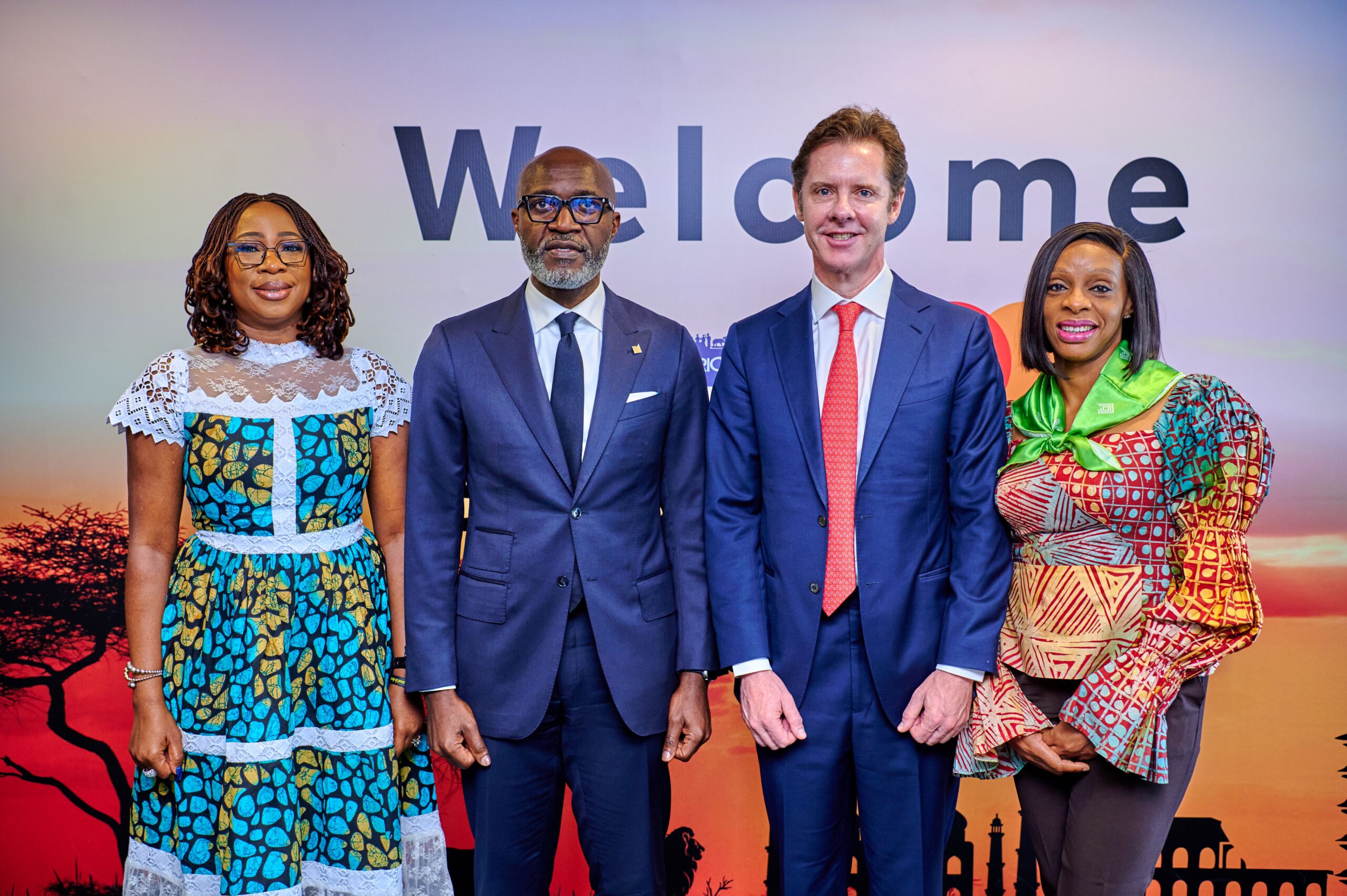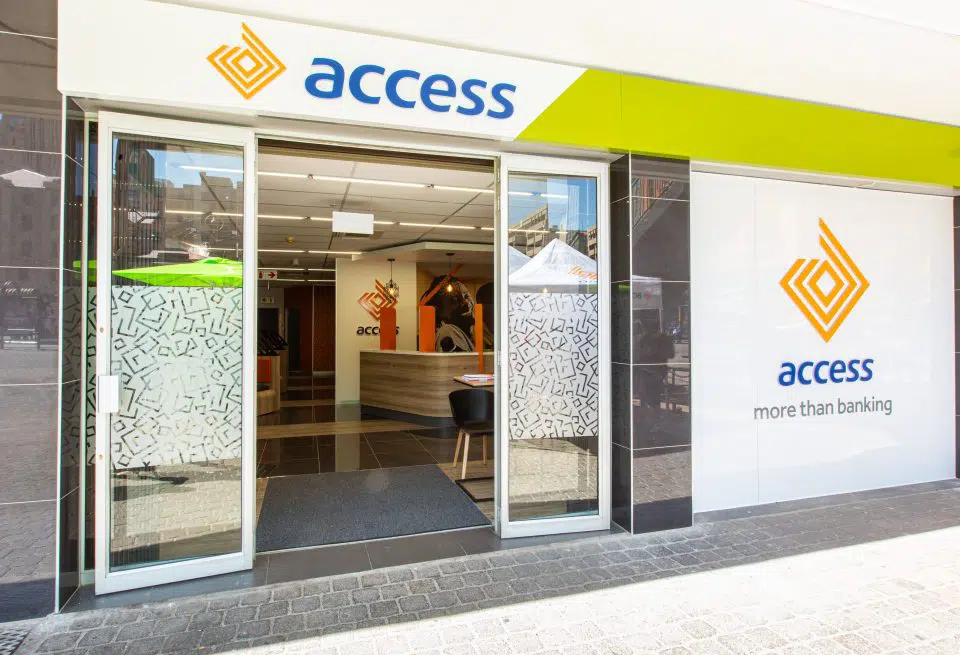
Access Bank and Mastercard Collaborate to Expand Cross-Border Payment Opportunities in Africa
Access Bank Group, a leading multinational bank, has partnered with Mastercard to launch an innovative solution aimed at enhancing access to cross-border payments and remittances within the African continent. This strategic initiative is designed to integrate Africa further into the global economy by leveraging Mastercard Move’s network and treasury capabilities, as well as Access Bank’s cutting-edge Access Africa platform.

Empowering Businesses and Consumers with Cross-Border Solutions
Through this collaboration, businesses and consumers across Africa will have the ability to send and receive international payments to and from over 150 countries globally. By utilizing the network and treasury capabilities of Mastercard Move, Access Bank’s Access Africa platform will empower individuals and businesses to enjoy instant, traceable, seamless, and cost-effective international transactions. Chioma Okoli, the Deputy Managing Director at Access Bank Plc, emphasized that this partnership reinforces the bank’s commitment to innovation and delivering excellent service to its customers. She stated, “Our partnership is targeted towards ensuring we give our customers the required service delivery. At Access Bank, we will continue to look for partnerships that will support us in delivering our dreams and goals.”
Advancing Financial Inclusion in Africa
Robert Giles, the Senior Advisory for Retail Banking at Access Bank, expressed the bank’s enthusiasm in collaborating with Mastercard to advance financial inclusion in Africa through the Access Africa initiative. He explained, “By combining our strengths, we can unlock new opportunities, bridge the financial divide, and create a more inclusive and prosperous future for all Africans.” The newly launched solution will be operational across Africa, with plans for further expansion across the continent.3The solution offers a global gateway for businesses and individuals, leveraging Access Bank Group’s deep understanding of African markets and its forward-looking vision to realize customer aspirations through innovative product sets. By integrating Mastercard’s complementary network assets and the treasury capabilities of Mastercard Move, this collaboration provides customers with more payment options.
Transforming Payment Experiences
Mark Elliott, the Division President for Africa at Mastercard, expressed the company’s pride in empowering Access Bank customers with innovative solutions that prioritize choice, security, and flexibility. He stated, “This collaboration signifies our commitment to transforming payment experiences as it not only brings cutting-edge payment solutions to the bank’s diverse clientele, but also extends the reach of Mastercard’s financial and digital ecosystem, ensuring millions from underserved communities can actively participate in the evolving financial and digital economy.”Fable Fintech, an Express Partner of the Mastercard Move Partner Program, served as the technical implementation partner for the solution, collaborating effectively with both Access Africa and Mastercard Move experts. Naushad Contractor, the Co-Founder and CEO of Fable Fintech, highlighted the seamless multi-country integration of one of the largest banks in Africa, leveraging the network and resilience of Mastercard’s cross-border assets. He expressed enthusiasm for working on more innovative solutions to empower the lives of African customers and businesses.
Significance of Cross-Border Remittances in Africa’s Economy
Cross-border remittances continue to play a significant role in Africa’s economy. Flows to Sub-Saharan Africa increased by approximately 1.9% in 2023 to $54 billion, driven by strong remittance growth in Mozambique, Rwanda, and Ethiopia, with Nigeria accounting for 38% of the remittance flows. In 2024, remittance flows to the region are projected to increase by 2.5%. Additionally, business-to-business (B2B) cross-border payments serve as a lifeline for a large segment of businesses that rely on regional and international trade to fuel the growth of African economies.
Projected Growth in Cross-Border Remittance Flows
The documents indicate that cross-border remittance flows are expected to continue playing a vital role in Africa’s economy. According to the World Bank, remittance flows to Sub-Saharan Africa increased by approximately 1.9% in 2023, reaching $54 billion.1This growth was attributed to strong remittance increases in Mozambique, Rwanda, and Ethiopia, with Nigeria accounting for 38% of the total remittance flows. Looking ahead, remittance flows to the Sub-Saharan Africa region are projected to further increase by 2.5% in 2024. This projected growth highlights the continued importance of cross-border remittances in fueling economic activity across the African continent.
Expanding Access to Cross-Border Payments
The partnership between Access Bank and Mastercard aims to boost cross-border payments and enable businesses and consumers to send and receive international payments to and from over 150 countries. This collaboration is described as a strategic move towards integrating Africa into the global economy, leveraging Mastercard’s network and treasury capabilities along with Access Bank’s Access Africa platform. Through this solution, Access Bank customers across Africa will gain the ability to conduct cross-border payments globally through various channels, including bank accounts, mobile wallets, cards, and cash. This expanded access to cross-border payment options is expected to greatly benefit both individuals and businesses.
Unlocking B2B Payment Opportunities
The documents highlight the significant untapped potential in Africa’s $1.5 trillion B2B payments market.3Business-to-business cross-border payments are recognized as a critical lifeline for many enterprises that rely on regional and international trade to drive economic growth across the continent. By partnering with Mastercard, Access Bank aims to provide innovative solutions that will enable businesses to seamlessly conduct cross-border transactions, facilitating regional and global trade opportunities. This collaborative effort is expected to unlock new avenues for growth and financial inclusion, particularly for the underserved communities in Africa.







